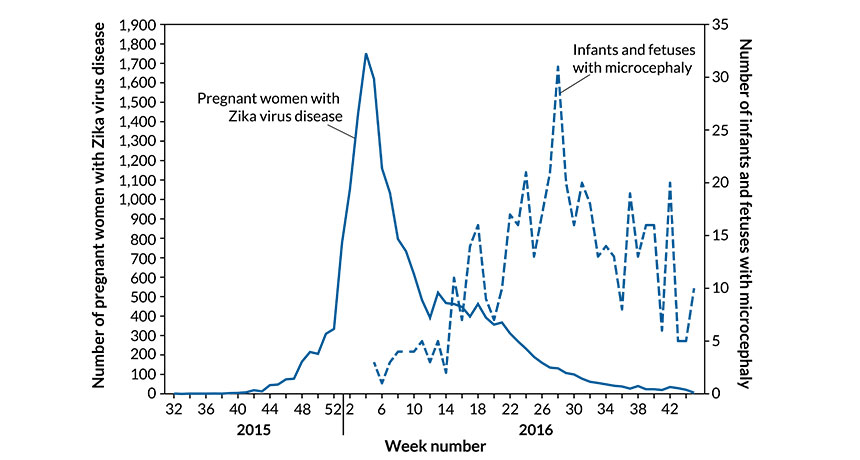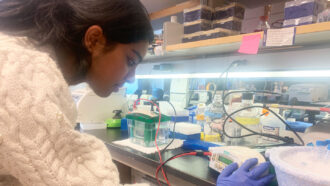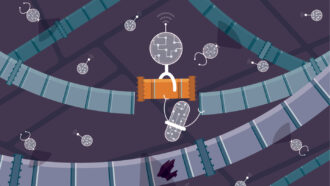Centers for Disease Control and Prevention (or CDC) An agency of the U.S. Department of Health and Human Services, CDC is charged with protecting public health and safety by working to control and prevent disease, injury and disabilities. It does this by investigating disease outbreaks, tracking exposures by Americans to infections and toxic chemicals, and regularly surveying diet and other habits among a representative cross-section of all Americans.
epidemiologist Like health detectives, these researchers figure out what causes a particular illness and how to limit its spread.
infection A disease that can spread from one organism to another. It’s usually caused by some sort of germ.
microcephaly A condition that leaves babies with abnormally small heads and partially developed brains.
outbreak The sudden emergence of disease in a population of people or animals. The term may also be applied to the sudden emergence of devastating natural phenomena, such as earthquakes or tornadoes.
virus Tiny infectious particles consisting of RNA or DNA surrounded by protein. Viruses can reproduce only by injecting their genetic material into the cells of living creatures. Although scientists frequently refer to viruses as live or dead, in fact no virus is truly alive. It doesn’t eat like animals do, or make its own food the way plants do. It must hijack the cellular machinery of a living cell in order to survive.
Zika A viral disease that can be transmitted to humans via mosquitoes. About 20 percent of infected people get sick. Symptoms include a slight fever, rash and pinkeye and usually fade quickly. A growing body of evidence suggests that the virus could also cause a devastating birth defect — microcephaly. Evidence suggests it may also cause neurological conditions such as Guillain-Barré syndrome.








